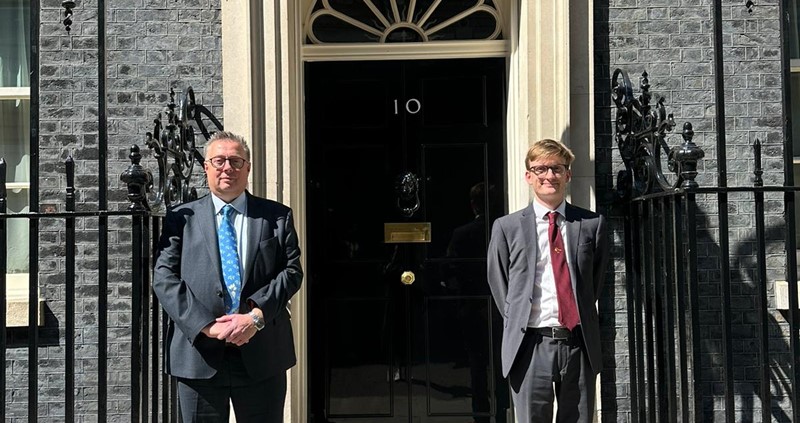Negotiations for a free trade agreement (FTA) between the UK and India formally kicked off in January 2022. Round ten of discussions concluded at the beginning of June, with Round 11 scheduled to start on 10 July.
It has been stated that there are plans to double the existing £23.3-billion-worth of trade between the two countries by 2030, increase UK exports to India by up to £16.7bn by 2035, and to unlock greater access to the lucrative Indo-Pacific region.
The concern
India is a major global sugar producer, regularly in the top one or two in the world. In 2021/22 it exported a record amount, supported by an extensive programme of subsidies, price guarantees and other direct support.
Despite a World Trade Organisation (WTO) ruling in 2021 that the Indian sugar regime was illegal, without the teeth to enforce it, the ruling has had no impact on India’s sugar sector policies.
Concessions on sugar within an FTA with India would therefore require UK sugar beet growers to compete with a production system that is propped up by an extensive, and illegal, government subsidy regime.
NFU Sugar’s position
“The UK homegrown sugar industry is a true British success story and is one of the most efficient sugar producers in the world,” says NFU Sugar Chairman, Michael Sly. “But British growers cannot be expected to go toe-to-toe against imports from countries that use illegal subsidies to gain an unfair competitive advantage over them.”
The only way to effectively limit the exposure of UK sugar beet growers to Indian sugar is to refuse to grant bilateral preferences under the FTA.
“British growers cannot be expected to go toe-to-toe against imports from countries that use illegal subsidies to gain an unfair competitive advantage over them.”
NFU Sugar Board chair Michael Sly
Concessions on sugar within an FTA with India would not only risk considerable undue economic harm to the homegrown sugar sector but, with India’s sugar subsidy regime in breach of international trade law, also compromise the UK Government’s own commitment to champion global rules-based trade.
The bigger picture
UK beet growers already face increased competition through the UK-Australia FTA entering into force, and the Autonomous Tariff Quota granting tariff-free access to 260,000t of additional sugar onto the UK market.
FTA negotiations are also ongoing with Mexico (a major sugar producing nation).
In his open letter ahead of the Farm-to-Fork Summit last month, the Prime Minister committed to a full impact analysis of prospective trade agreements.He also pledged protection for sensitive agricultural sectors (which include sugar). A comprehensive analysis of the cumulative effect of additional market access in the sugar sector is vital to safeguard UK beet growers and indeed the homegrown sugar industry as a whole.
Taking concerns to Number 10
On 8 June, following a letter outlining our concerns to the Trade Minister, NFU Sugar Chairman Michael Sly and NFU Sugar Commercial and Market Insights Manager Arthur Marshall met with officials at Number 10, where they were able to lay out NFU Sugar’s concerns directly to government.
More from NFUonline:



